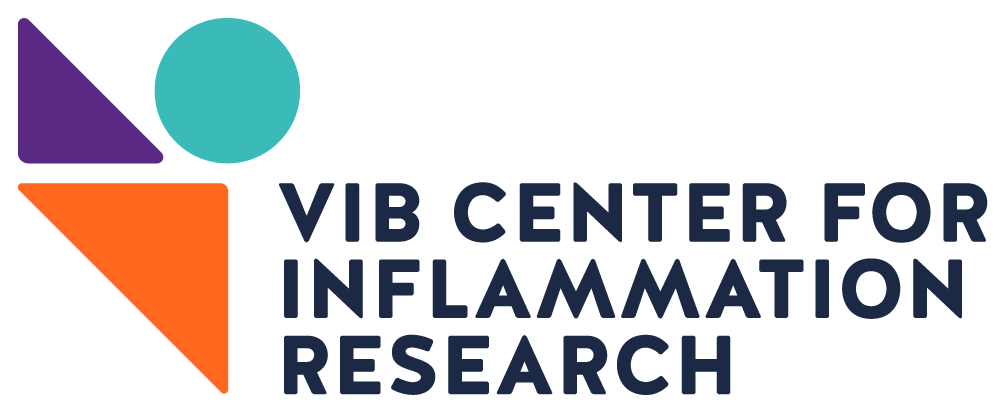- Home
- Research
- A-Z Groups
- VIB group leaders
- Faculty
- UGent
- Department of Head and Skin (GE34)
- Department of Immunology
- Department of Internal Medicine and Pediatrics (GE35)
- Department of Applied Mathematics, Computer Science and Statistics (WE02)
- Department of Biochemistry and Microbiology (WE10)
- Department of Biomedical Molecular Biology (WE14)
- VUB
- Bioengineering Sciences Department
- UGent
- Ethical Committee Animal Experimentation
- Education
- Services
- Events
- People
- Vacancies
- About
